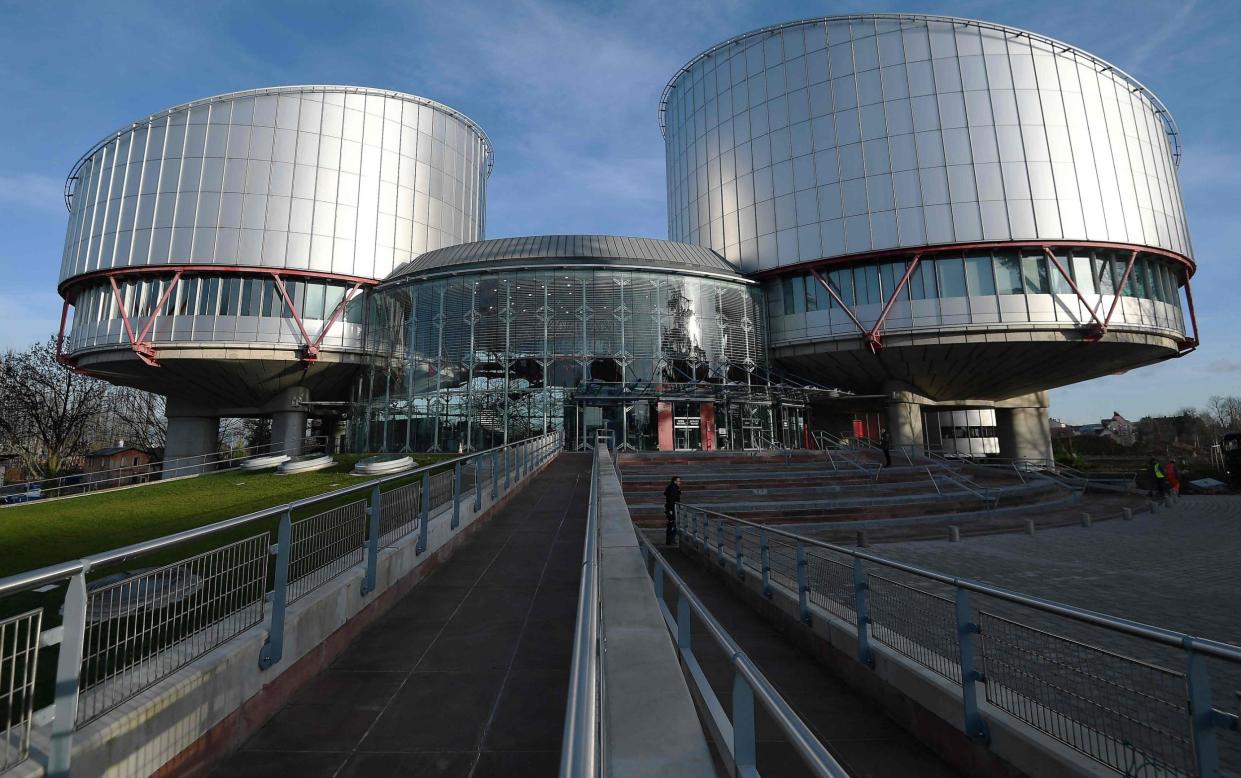Strasbourg court could rule that governments have to protect people from climate change

The European Court of Human Rights could rule that governments have to protect people from climate change.
Judges from the court will decide next week whether people’s human rights have been breached by the failure of governments to protect them from the harmful effects of climate change.
If they rule in favour of three cases claiming their rights have been breached, it would mean that individuals could seek redress with the Strasbourg court and compensation if their governments failed to take sufficient measures to prevent their citizens suffering the consequences of climate change.
The cases have prompted a backlash from the UK Government whose lawyer Sudhanshu Swaroop KC told the court in one of the cases that it was effectively turning the court into a legislator.
He said the complainants were “asking the court to act as legislators rather than judges and to legislate for a global challenge without having global jurisdiction”.

Sarah Dines, the former home office minister who has called for the UK to leave the Strasbourg court, described it as a “yet another attempted ideological power grab on the part of a self-selecting and self-serving elite out of touch with reality”.
The legal challenge is based on the claim that failure to tackle climate change sufficiently to protect the public amounts to a breach of article 2, the right to life, and article 8, the right to a family life.
The first case involves a group of Swiss women in their 70s and over, who are backed by Greenpeace. They have argued that their demographic group is particularly vulnerable to climate-induced heatwaves. One woman said she could not leave her house for three weeks during the summer.
Jessica Simor KC, for the claimants, said Switzerland’s efforts to prevent a global temperature increase of more than 1.5 degrees celsius came nowhere near achieving that goal.
She acknowledged it was the first case of its kind to reach the human rights court, but said that national courts had previously used Strasbourg case law to require action by member states.

The second case involves Damien Carême, the former mayor of Grande-Synthe, a suburb of Dunkirk, who argued that his home and the surrounding areas will be under water by 2040 if France fails to meet its greenhouse gas targets.
The third case has been mounted by six Portuguese nationals aged 14 to 25 who claimed they had suffered anxiety or ill health as a result of forest fires that have broken out each year since 2017 as a result of global warming. Their claim has been brought against Portugal and no fewer than 32 other European states.
Mr Swaroop said that if it was successful, it would mean that any person on the planet who claimed to be affected by climate change could launch a claim against any one of more than 30 states without first having to take action in that country’s own courts.
Ms Dines said: “The mere fact that this sort of ideological psychobabble has even been entertained and given court time clearly shows the Alice in Wonderland nature of the Strasbourg court and its unqualified pseudo judges.
“It is yet another manifestation of ‘woke’ legal fantasists further corrupting the European Convention on Human Rights in an effort to force unacceptable legal decisions upon the populations of ECHR signatory states. The European Court of Human Rights is now little more than an NGO serving the interests of unelected and unaccountable NGOs.”


